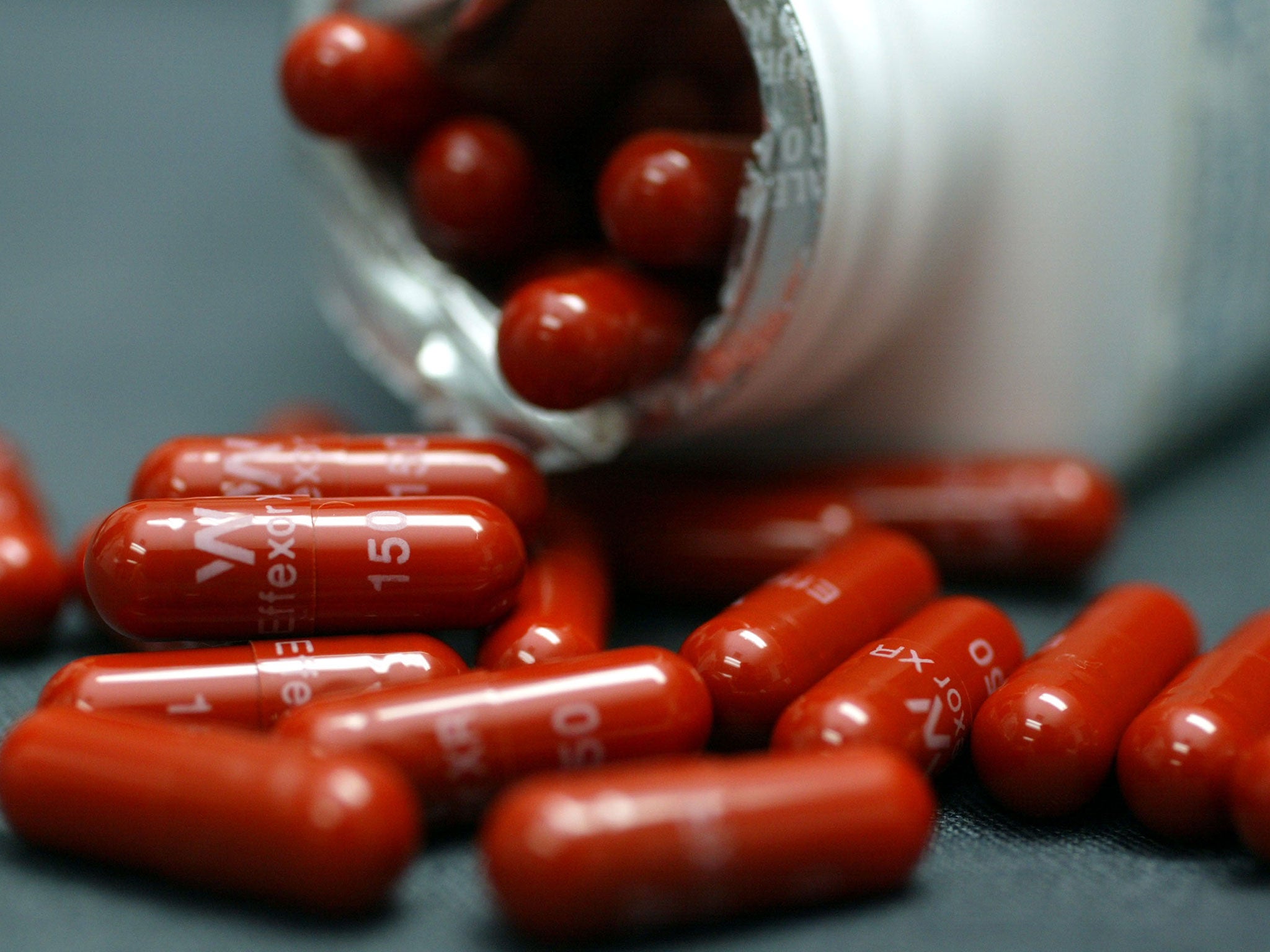As a psychiatrist, I know that Johann Hari is wrong to cast doubt on antidepressants
Suggesting that prescribing antidepressants to a patient who suffers from clinical depression is the equivalent of treating them as a ‘machine with malfunctioning parts’ is wrong, unhelpful and even dangerous

“We act like human distress can be assessed solely on a checklist that can be separated out from our lives, and labelled as brain diseases,” Johann Hari claims in his new book.
Hari has been on a “40,000-mile journey across the world” to learn about depression, its “real causes” and “unexpected solutions”.
As a psychiatrist I am delighted that Hari is drawing attention to depression and to his realisation that helping people “to connect with the things that really matter in life is essential to improving mental health”.
But I wish that I, or one of my colleagues, had a chance to meet him on this voyage. He suggests that depression is treated as if caused by “broken”, chemically imbalanced brains and so sufferers are treated with antidepressants, without question. This treats a patient like a “machine with malfunctioning parts”.
This is far from reality. Rather than seeing mental illness as annexed from the rest of people’s lives, helping patients through assessing their social and psychological situations, as well as biological aspects, is the bread and butter of the work of psychiatrists and other mental health professionals.
And so I feel a duty to anyone who is unsure about depression (whether that is your own depression or that of someone you know), to share some facts.
All of us experience sadness and distress. While this might not be pleasant, these are healthy, human, manageable emotions. For most of us this won’t have a lasting impact on our jobs, families and social lives.
But for some, this “normal sadness” grows, enduring for months, dogging the sufferer all day, every day, rendering them with no appetite, low sex drive and unable to sleep properly. This is clinical depression. It is a life-impairing condition.
Depression makes sufferers think life is not worth living. They may even take their own life out of desperation for the future. Worldwide, someone dies by suicide every 40 seconds.
Depression is often the consequence of life events that are stressful, traumatic, and uncontrollable. Loss of a loved one, relationship breakdowns and problems, illness, redundancy, job dissatisfaction, money worries, discrimination, social isolation, poverty: all can cause depression.
But just as knowing that you have broken your legs in a car crash does not miraculously heal your broken bones, knowing the “rational reason” for being depressed does not make depression any less real, or the sufferer any less in need of support and treatment.
Emotions and behaviour are controlled by the brain, and so depression – characterised by abnormal emotions and behaviour – presents with measurable changes in the brain, just as a heart attack presents with measurable changes in the heart.
Changes in the brains of people with depression include areas of the brain becoming smaller and communicating less efficiently, and reduced production of new brain cells.
And changes are not only deep within our brain. The bodies of people with depression change too, due to activation of the stress response which leads to raised levels of inflammation and stress hormones.
Extracts of Hari’s book express extreme scepticism of the effectiveness of antidepressants. Use of these drugs certainly shouldn’t go unquestioned.
We still do not know exactly how these drugs work. They work differently on different people and there is much scope for the development of better medication. But they certainly have relevant, positive effects on the brain and the body.
Antidepressants reverse some of the physical effects of depression: increasing production of new brain cells, and reducing inflammation.
Studies using the most rigorous approaches (supported by publicly funded bodies, such as the Medical Research Council, not just pharmaceutical companies as Hari suggests) show that antidepressants lift the pervasive sadness at the core of clinical depression, albeit with varying effects on other symptoms such as sleep or appetite problems.
Hari’s realisation that helping people to connect with the things that really matter in life is essential to improving our mental health.
I, and vast swathes of other medical professionals strongly agree with this. This is no revelation, but it is useful that Hari spells it out.
But suggesting that prescribing antidepressants to a patient who suffers from clinical depression is the equivalent of treating them as a “machine with malfunctioning parts” is wrong, unhelpful and even dangerous.
Contrary to the claim that too many people are prescribed antidepressants, only one in five people with depression in high-income countries receive help, either psychological or pharmacological.
In the developing world, a tiny fraction of people, only one in 27, get help.
There are many reasons for this: lack of information, insufficient mental health services, continuing stigma against patients and professionals.
Of course, it is important to emphasise that antidepressants are only one of a range of possible treatments for depression, and should only be prescribed for clinical depression, the disabling condition that I have described above.
Antidepressants are no cure-all, but demonising them plays into stigma meaning that, tragically, more people will be held back from receiving help for a debilitating condition.
These drugs are not perfect, but for now they are useful for many depressed patients. And they do save lives.
Join our commenting forum
Join thought-provoking conversations, follow other Independent readers and see their replies
Comments